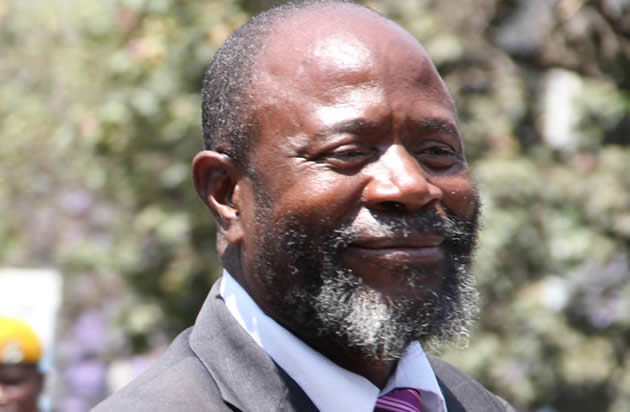Zimbabwe poised to excel
Perspective Stephen Mpofu
Already the probable leader in postmodern independent Africa in restoring land to its rightful owners – while other countries dither or remain fearful of retribution by Western imperialists — Zimbabwe is poised to mount a giant step forward in medical history with Indian experts on their way to this country a boon to rare medical surgery and other specialised, medical care delivery services.
Which will revalidate the high pedigree of our educational system for sceptics who write off Zimbabwe as a paper tiger and not the acclaimed trail -blazer in literacy on the continent.
Right now our country is reverberating with the celebration of a landmark, eight-hour surgery at Harare Children’s Hospital in which a team of 50 medical personnel separated Siamese twins conjoined from the lower chest to the upper abdomen and shared a liver, a feat that also received tribute from the man in the highest office in the land, President Mugabe, who visited the twins accompanied by the First Lady, Amai Grace Mugabe.
The complicated surgical operation has no doubt made Zimbabwe a focal point of attention, to be enhanced by the signing of a Memorandum of Understanding (MoU) earlier this week between Mpilo Central Hospital in Bulawayo and three Indian hospitals that will enable the institution to conduct specialist diagnostic operations and perform sophisticated operations including transplants.
The Indian hospitals — Artemris, Fortis and Mendanta signed another memorandum of understanding with the National University of Science and Technology under which senior Indian doctors will lecture at Nust’s medical school.
A referral centre for Zimbabwe’s southern region, Mpilo Central Hospital has been experiencing many challenges, the biggest of which are financial constraints and shortages in human resources. But the hospital’s Chief Executive Officer, Dr Lawrence Mantiziba, said the MoU with the Indian hospitals will give the institution a big, long lease of life that will turn Mpilo into a centre of excellency with specialists providing diagnostic, medical, interventional and surgical enhancement programmes.
The new development, Dr Mantiziba said, would transform Mpilo into a tele-medical centre with Indian hospitals for routine tele-radiology, tele-pathology, online surgery boards, online tumour boards and therapy boards, all of which will make Mpilo “the leading health care initiator as this arrangement will be the first of its kind in the whole Southern Africa.”
For a long time until recently South Africa has been known as the leading country in the provision of specialist medical services thanks to the pioneering work in heart transplants by Dr Christiaan Barnard (now late) at Groote Schuur Hospital, Cape Town, in 1967 who gave his country popularity in specialist medical care so much so that Zimbabweans and other patients from Southern Africa made that country their first choice in seeking treatment for complicated cases.
However, Zimbabweans have increasingly started to look to India for complicated medical operations with appeals in newspapers and on radio for financial aid from families wishing to take their sick to hospitals in India for treatment.
With the new arrangements underway with Indian medical specialists, it might not be too long before Zimbabwe draws the sick from neighbouring countries and even further abroad for specialised medical relief, an icing on Zim-Asset, a revolutionary cake made of various, appetising economic and social transformative ingredients at which Zimbabweans of various appetites should grab for their growth.
In fact, this pen is amazed that of the leaders attending the recent African Union Summit in Malabo, Equatorial Guinea, none found it appropriate to applaud Zimbabwe for her leading role in the utilisation of land, a key national asset for the whole continent, through land reform which is set to give former peasants permanent tenure of the land on which they have been given 99-year leases by the government.
Does one smell jealousy here, or what does the loud silence portend?
It is to be hoped that the success of the land reform programme will usher in a brave new world for other, little hearts to follow suit by resettling the poor on vast tracts of land that lie idle or is held for speculative reasons by absentee landlords, to also dance the land dance.








Comments